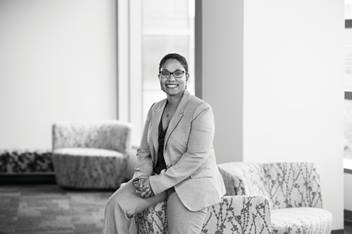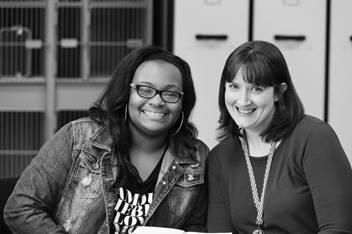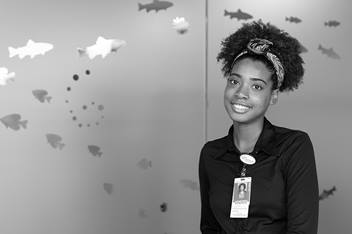A “Best Friends Conference” to Combat Digital Dating Abuse
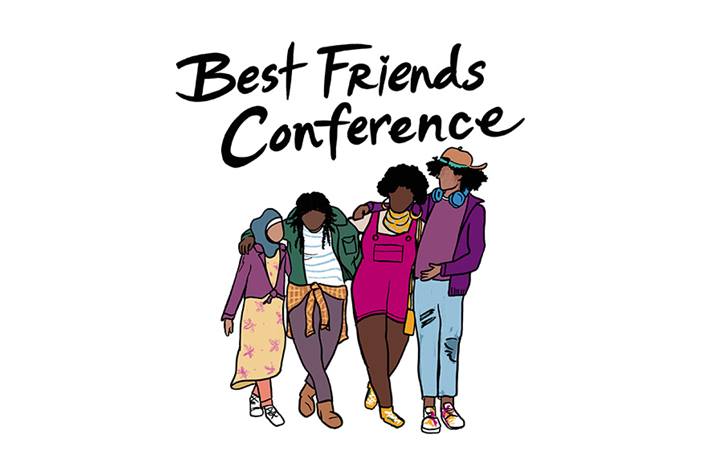
Over the course of the pandemic, the average amount of time U.S. teens spent on social media nearly doubled. Unfortunately, this increase puts teens at higher risk for unsafe online connections.
A 2016 study by the AP-NORC Center for Public Affairs Research found that female teens more frequently reported digital sexual coercion and negative emotional responses through a phenomenon called digital dating abuse. Digital dating abuse occurs when technologies like texting and social networking are used to bully, harass, stalk or intimidate a partner.
“The research shows that while digital dating abuse is an issue for all teenagers, Black teen girls also experience ‘adultification’ bias, meaning that people see them as older or more sexualized than their White peers, and others are therefore more likely to cross safe boundaries online,” explained Caitlin Tully, a community educator with The Center for Family Safety and Healing at Nationwide Children’s Hospital. “Black teen girls often experience adultification bias when reporting digital dating abuse to adults, as well.”
Last year, The Center for Family Safety and Healing partnered with Black Girl Rising, Inc. to develop a program called Healthy Relationships in a Digital World: Empowerment and Resiliency through a $200,000 grant from the Allstate Foundation. This initiative is an educational program to prevent digital dating abuse among youth.
“The purpose of the grant was to create culturally responsive healthy relationship education,” said Tully. To that end, the grant has funded the creation of three separate initiatives under Healthy Relationships in a Digital World: a curriculum for teens in schools, training for parents and educators and the “Best Friends” Conference.
The Best Friends Conference was held on Saturday, October 21 at the Nationwide Children's Hospital Education Center for approximately 150 Black teen girls and their safe adults from school districts across central Ohio.
“Our partner, Black Girl Rising Inc., had the idea to find the girls who are the thought leaders within their friendships and bring them into a space where they could connect with each other and learn about healthy relationships,” explained Tully.
At the conference, attendees were empowered to make new friends while learning about safe digital connections through featured speakers and session facilitators from local and national organizations such as Love is Respect, Ruling Our Experiences (ROX), I Am Light Recovery & Wellness and IMPACT Safety’s We are Worth Defending: Empowerment Self Defense program.
“This conference was about the resiliency that Black girls hold within themselves and in their communities while holding adults accountable for how they respond to Black girls,” said Tully.
Teens and adults each attended their own interactive workshops. The workshops for teens included “Listening for Leaders: Skills to be the Best Friend Ever!” and “We are Worth Defending: Empowerment Self Defense,” while the adult workshops discussed topics like “Supporting Healthy Digital Boundaries” and “Strategies for Uplifting Black Girls: Building Resilience, Strength, and Leadership.”
One workshop featured one of the most innovative aspects developed through Healthy Relationships in a Digital World: a concept called “body mapping” to help teens track where feelings show up somatically in their bodies when they are on social media platforms. This tool helps them recognize when they feel safe or unsafe in digital spaces and make decisions accordingly.
In addition to the Best Friends Conference, Healthy Relationships in a Digital World has tested its six-session curriculum at several summer camps this year and plans to implement it in local schools in the future. The program will also continue to hold training for parents and educators through the end of this year.
“We are committed to continuing this work,” said Tully. “Our hope is that this is the first of many Best Friends Conferences.”
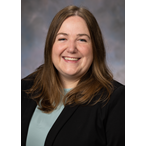
“This conference was about the resiliency that Black girls hold within themselves and in their communities while holding adults accountable for how they respond to Black girls.”

